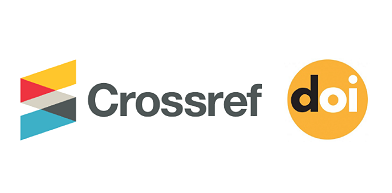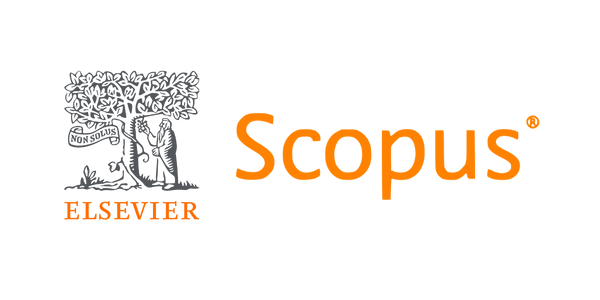Predictors of early immunologic response among highly active anti-retroviral therapy naïve patients in Akwa Ibom State
DOI:
https://doi.org/10.61386/imj.v14i4.38Keywords:
Early Immune Response, HAART Naïve, Akwa IbomAbstract
Introduction: CD4 count is a reliable prognostic indicator of immune response to anti retroviral therapy. This study seeks to determine the proportion of HAART naive patients that achieved an early immunologic response at six months of commencing HAART and to predict factors of early immunological response to HAART.
Materials and Methods: This was an observational longitudinal study among 287 consecutively recruited HAART naive patients in 11 HIV treatment centres of Akwa Ibom using a semi-structured interviewer administered questionnaire for data collection. Data analysis was done using Stata statistical software at a level of significance of P<0.05.
Results: About 75% respondents achieved an early immune response. Multivariate analysis revealed that being female (OR 2.47, P=0.001) predicted achievement of early immunological response while being civil servants/professionals (OR 0.44, P =0.02), unemployed (OR 0.34, P= 0.04) and every 10 cell increase in CD4 cell count at baseline (OR 0.94, P=0.001) predicted non achievement of early immunological response.
Conclusion: The majority of HAART naïve patients commenced on anti-retroviral therapy achieved an early immunological response at 6 months on ART. Operating flexible HIV services that covers morning, afternoon, evening and weekend services and male friendly HIV services may improve civil servants and males’ utilization of HIV care and support services. Job creation for the unemployed is also recommended.
Published
Issue
Section
License
Copyright (c) 2021 Ekanem AM, Udofia EA, Ekrikpo UE, Opara D, Johnson O, Ndifon W, Onajole A

This work is licensed under a Creative Commons Attribution 4.0 International License.










